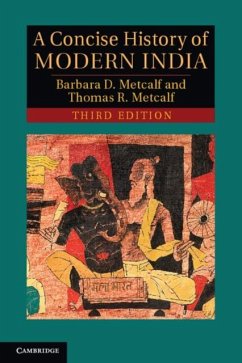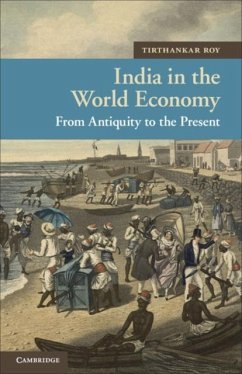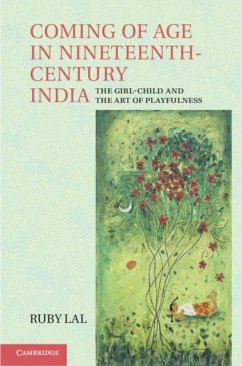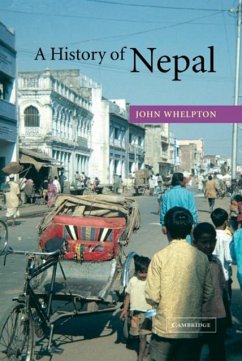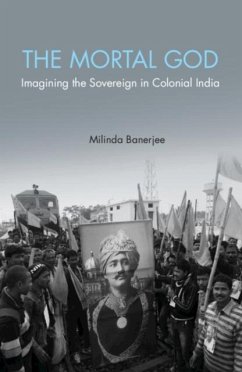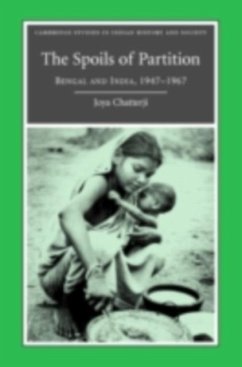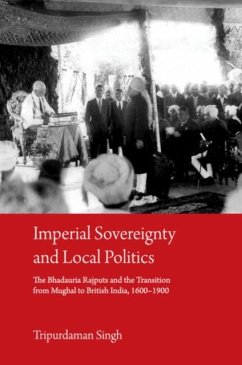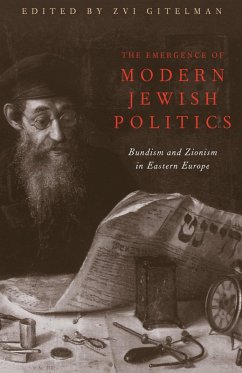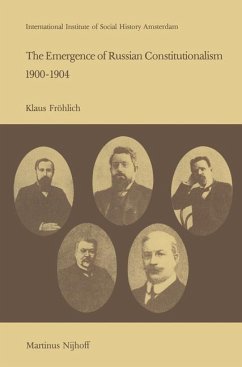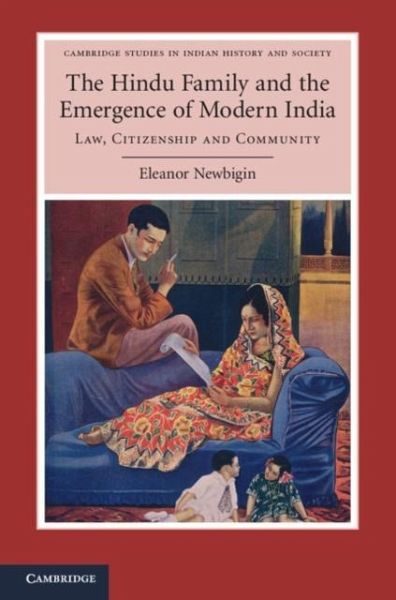
Hindu Family and the Emergence of Modern India (eBook, PDF)
Law, Citizenship and Community
Versandkostenfrei!
Sofort per Download lieferbar
22,95 €
inkl. MwSt.
Weitere Ausgaben:

PAYBACK Punkte
11 °P sammeln!
Between 1955 and 1956 the Government of India passed four Hindu Law Acts to reform and codify Hindu family law. Scholars have understood these acts as a response to growing concern about women's rights but, in a powerful re-reading of their history, this book traces the origins of the Hindu law reform project to changes in the political-economy of late colonial rule. The Hindu Family and the Emergence of Modern India considers how questions regarding family structure, property rights and gender relations contributed to the development of representative politics, and how, in solving these quest...
Between 1955 and 1956 the Government of India passed four Hindu Law Acts to reform and codify Hindu family law. Scholars have understood these acts as a response to growing concern about women's rights but, in a powerful re-reading of their history, this book traces the origins of the Hindu law reform project to changes in the political-economy of late colonial rule. The Hindu Family and the Emergence of Modern India considers how questions regarding family structure, property rights and gender relations contributed to the development of representative politics, and how, in solving these questions, India's secular and state power structures were consequently drawn into a complex and unique relationship with Hindu law. In this comprehensive and illuminating resource for scholars and students, Newbigin demonstrates the significance of gender and economy to the history of twentieth-century democratic government, as it emerged in India and beyond.
Dieser Download kann aus rechtlichen Gründen nur mit Rechnungsadresse in A, B, BG, CY, CZ, D, DK, EW, E, FIN, F, GR, HR, H, IRL, I, LT, L, LR, M, NL, PL, P, R, S, SLO, SK ausgeliefert werden.




